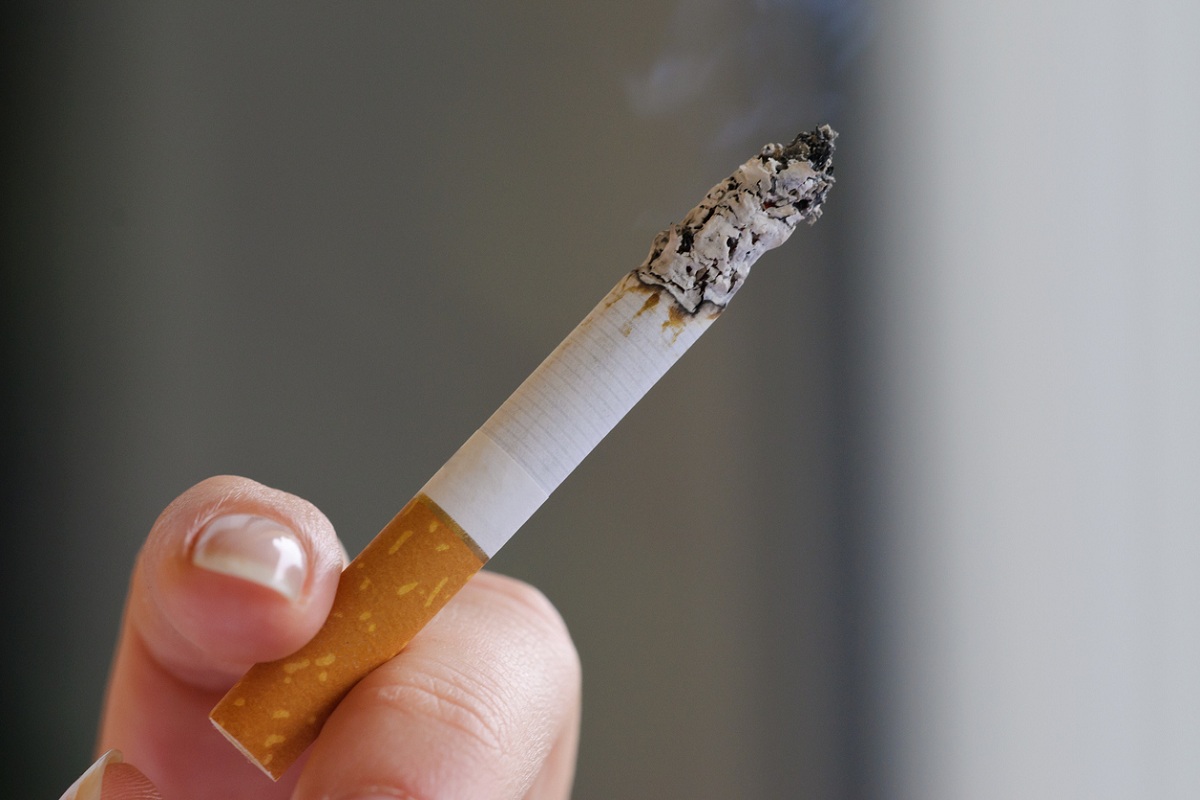Soaring AQI levels makes Durgapur residents, patients feel uneasy
Om Sher Bahadur, a patient from Nepal is struggling to negotiate with the growing air pollution in Durgapur.
Amid the rising pollution that has adversely impacted the health of adults and children alike, city experts underscored the dangers associated with the menace informing that 22 micrograms of particulate matter (PM2.5) is equivalent to smoking one cigarette in terms of damage.

(Representational Image; Source: iStock)
Amid the rising pollution that has adversely impacted the health of adults and children alike, city experts underscored the dangers associated with the menace informing that 22 micrograms of particulate matter (PM2.5) is equivalent to smoking one cigarette in terms of damage.
The alarming impact of pollution on the health of citizens was highlighted by the founder trustee of the Lung Care Foundation (India) and chairman of Centre for Chest Surgery Dr Arvind Kumar. According to Dr Kumar a PM2.5 level reaching 250, is almost like smoking 12 cigarettes. “A child born in a polluted city, when the PM2.5 is 250, would have essentially smoked 12 cigarettes on their first day of his/her life,” said the chairman. Reiterating the level of adverse effect of pollution on the respiratory system, the chairman added, “In polluted cities, newborns effectively become smokers, which is why we now see lung cancer in young people due to air pollution exposure from birth.”
Echoing the assertions, professor Abhijit Chatterjee of Bose Institute Kolkata pointed out the major sources of air pollution in the city. According to professor Chatterjee, solid waste burning and biomass burning are the major sources of air pollution over Kolkata presently. “For air quality upgradation in Kolkata, these two sources need to be controlled. These sources are the major emitter of carcinogenic components that create high oxidative stress,” claimed professor Chatterjee.
Advertisement
According to doctor Swati (Nandi) Chakraborty, environment consultant of Cantonment Board of the Union government, a recent study has revealed alarming impacts of pollution leading to deaths. “Recently, the Lancet report in July 2024 has shown that air pollution caused by PM2.5 is responsible for over 7 per cent of daily deaths in 10 major Indian cities. Therefore, tackling local pollution sources like vehicle emissions, industrial activities, construction dust and waste burning will be crucial.”
Notably, the Lancet report published earlier this month, revealed that around 4,700 deaths each year during the study period of 2008 and 2019 were attributable to short-term PM2.5 exposure higher than the WHO guideline value of 15 μg/m3. According to the report, each 10 μg/m3 increase in short-term PM2.5 exposure was associated with a 1.77 percent increase in daily deaths in Kolkata.
Advertisement